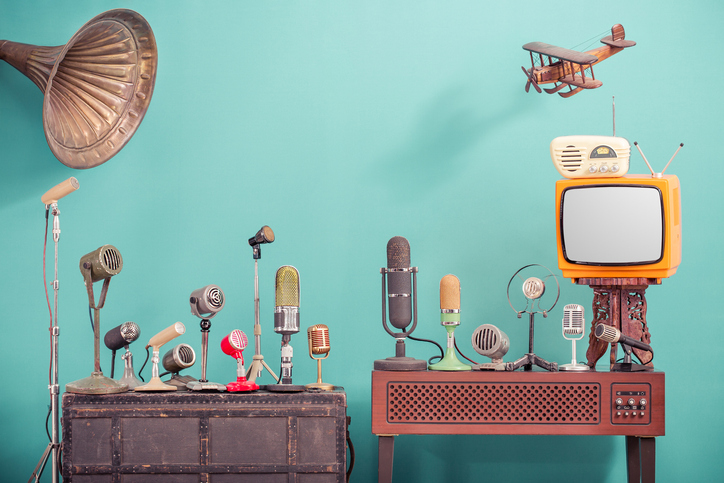Those who don’t know history are bound to repeat it. One of my favorite radio stories from the 1940s may be repeating itself in 2020.
As president of NBC, David Sarnoff was a technology guy. Sarnoff believed that once you owned all the radio stations and built the network, you had won. And NBC was huge.
The president of CBS, William Paley was a programming guy. Paley knew zip about technology but understood that talent was more important than the station brand.
In 1948 Paley flew to Hollywood to convince NBC’s biggest star, Jack Benny to come to CBS. Paley also hired Amos N’ Andy, Bing Crosby, Red Skelton and other big names away from NBC.
Sarnoff said the defections were no big deal. He claimed proudly that people listened to NBC because it was NBC and scoffed that CBS could not match their technology. But by the end of 1949, CBS had 16 of the top twenty shows in the ratings.
Then NBC’s really big defeat came a couple years later – in television.
The first black-and-white sets began selling in the 1950s and CBS was ready with a lineup of talented, beloved radio personalities who could easily transition to on-camera and kill it.
By 1956, all of the top 10 television shows were on CBS.
NBC and Sarnoff never recovered. CBS pounded them in the ratings for the next 30 years because of Paley’s one move to prioritize talent in 1948.
NBC Radio Is now long dead, but those old philosophies are still alive in some of today’s large radio companies. They focus on building and acquiring platforms for radio and podcasting while overlooking (or laying off) the talent that makes it all work.
In the meantime, Spotify CEO Daniel Ek just signed Joe Rogan with a 100-million-dollar deal. His podcast is wildly popular and Rogan is camera-ready with 8-million YouTube subscribers. And rumor has it that Spotify is also trying to steal Howard Stern from SiriusXM.
As AM/FM companies hustle to play catch-up in streaming audio, podcasting and digital content, generic music playlists and forgettable giveaways are not breaking through – especially during a pandemic where people crave authentic human connection.
For audiences, entertaining talent is — and always has been — much important than any station brand. Radio history is being made today and talent determines what will be written.

